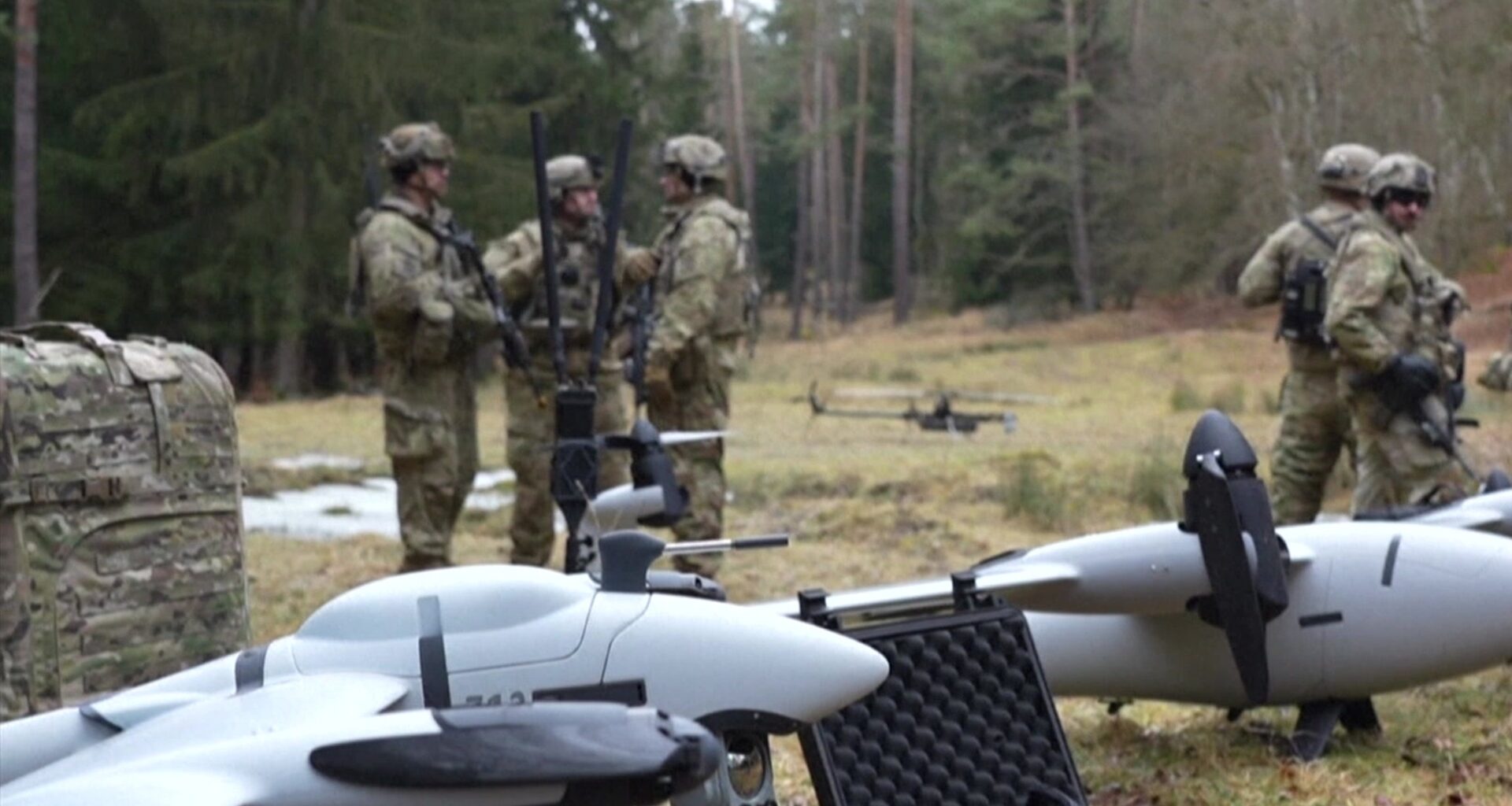Luxembourg is moving ahead with major defence upgrades – including missile defence systems and combat drones – despite uncertainty over how much of the national budget will be allocated to military spending in the coming years.
Luxembourg’s Defence Minister Yuriko Backes says the country remains committed to boosting defence, but still has no clear answer on how much of the state budget will be allocated in coming years. The uncertainty comes as NATO allies – particularly the US – push for a commitment to spend 5% of GDP on defence, a goal expected to be addressed at the upcoming NATO summit at the end of June.
While few countries openly challenge the 5% target, many recognise how difficult it would be to achieve, Backes said in an interview with RTL on Friday. Luxembourg, which recently decided to increase its investments to 2% of the Gross National Income (GNI) by the end of this year, has previously advocated for more flexibility within NATO’s spending framework.
Despite budgetary challenges and a lack of prior experience, Luxembourg has committed to building two new air defence systems – a major step for the country. “We’re talking about intercepting helicopters or planes targeting our critical infrastructure”, Backes explained. “The second system is aimed at stopping ballistic missiles. NATO expects us to be able to respond to both.”
In addition, Luxembourg plans to invest in combat drones, develop a mobile fuel station, continue expanding its airport, and jointly construct a mobile military hospital with Belgium.
“This will be a large tent structure where patients can receive initial treatment”, Backes said. “It won’t support major surgical operations – for that, you need a stationary facility. But even this is a good step, even if it’s difficult to implement by the requested deadline of 2028.”
The biggest challenge, according to Backes, will be finding qualified medical personnel to staff the facility.
Video report in Luxembourgish
